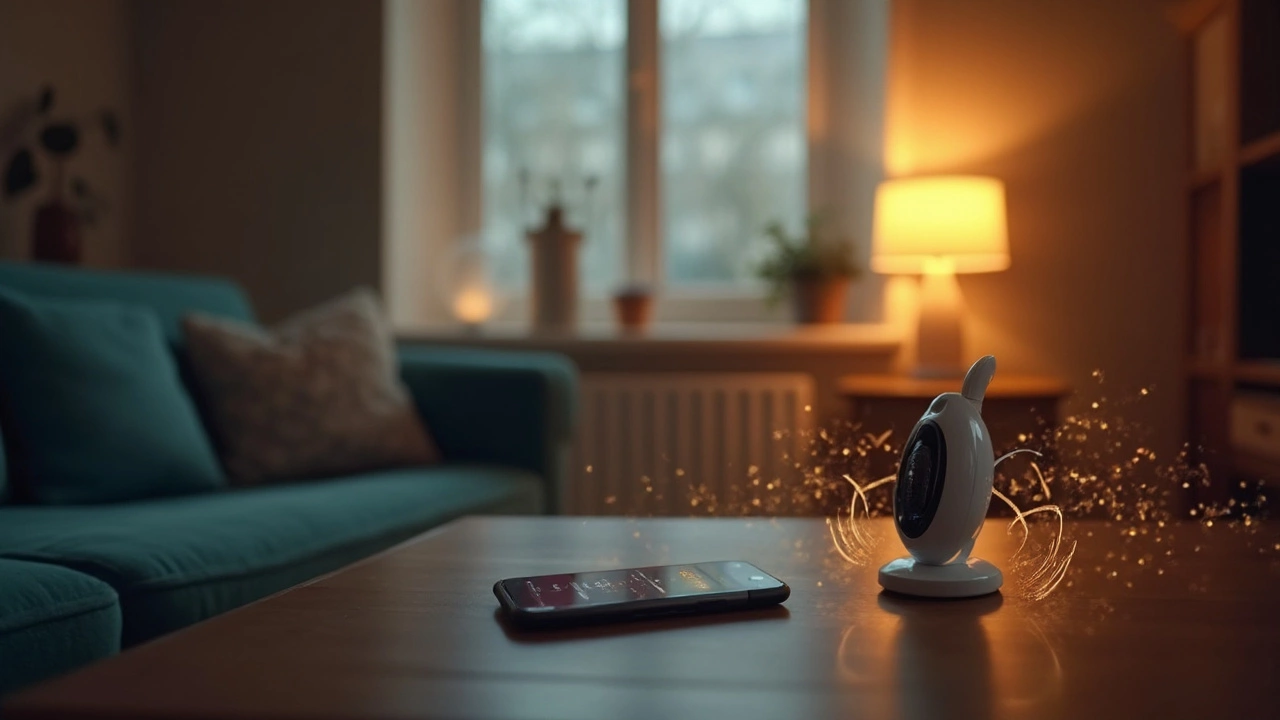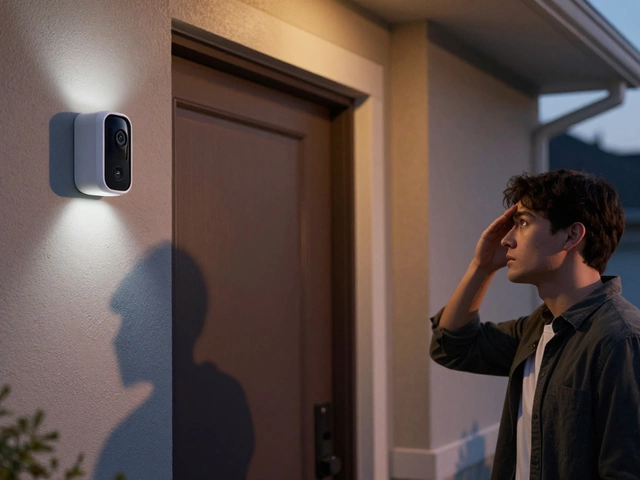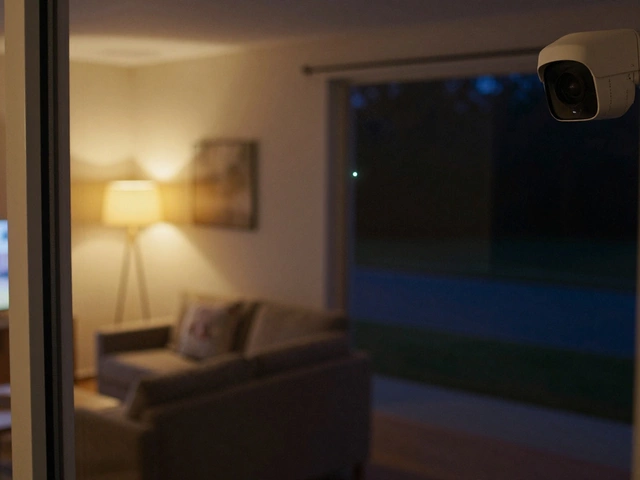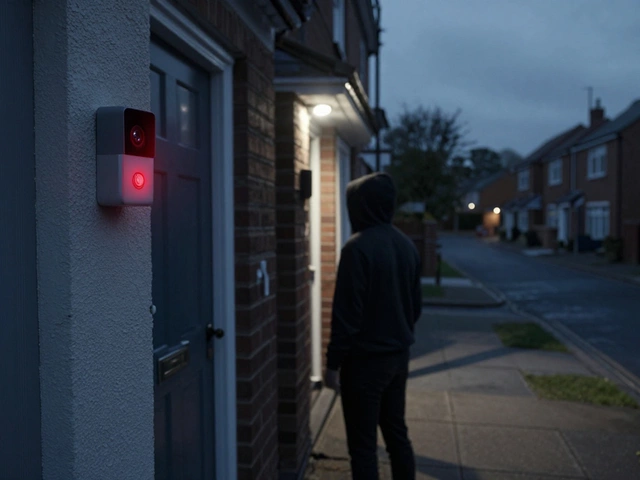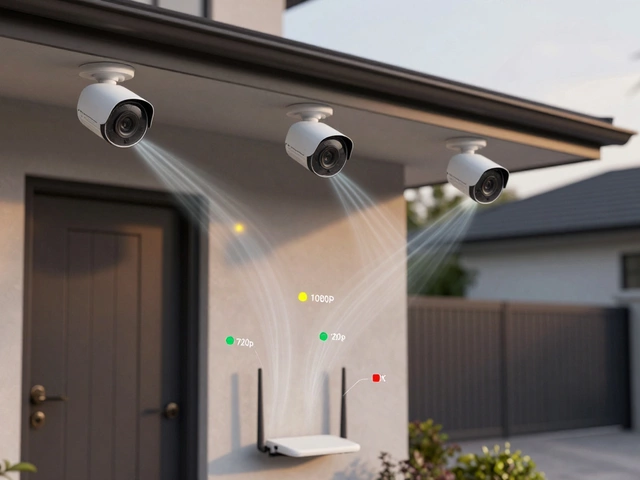Cell Phone Conversations: How to Keep Them Safe and Private
We all rely on our phones to chat with family, friends and colleagues. But every call is a potential target for snoops, scammers or accidental leaks. The good news? You can lock down your conversations with a few easy steps, no tech degree required.
Common Risks to Your Calls
First, it helps to know what you’re up against. Unencrypted calls can be intercepted on cellular towers, especially on older 2G networks. Free‑call apps sometimes store recordings in the cloud without clear permission. Public Wi‑Fi opens the door for man‑in‑the‑middle attacks, and even a simple "shoulder look" can reveal sensitive info.
Businesses face extra pressure because a leaked client call can damage reputation and break compliance rules. Homeowners worry about burglars listening in to learn when they’re away. Knowing the threat landscape makes the next steps feel worth the effort.
Practical Steps to Protect Your Conversations
1. Use Encrypted Apps. Apps like Signal, WhatsApp and Wire encrypt calls end‑to‑end. That means only the people on the line can hear what’s said, even if the data passes through a server.
2. Stick to Modern Networks. If your carrier still offers 2G or 3G, ask to upgrade. LTE and 5G include built‑in encryption that makes eavesdropping much harder.
3. Beware of Public Wi‑Fi. When you’re on a cafe network, switch to a trusted VPN before a call or use your carrier’s data instead. A VPN creates a secure tunnel that hides your voice packets.
4. Turn Off Call Recording Features. Some phones have built‑in recording that can be triggered accidentally. Check settings and disable any auto‑record options unless you truly need them.
5. Limit Speakerphone Use. Holding the phone to your ear reduces the chance of someone nearby hearing private details. If you must use speaker, do it in a private space.
6. Update Your Phone Regularly. Security patches fix known vulnerabilities. Ignoring updates leaves a backdoor that hackers love.
7. Use Strong Screen Locks. A simple PIN isn’t enough; combine a fingerprint or facial ID with a longer passcode to keep snoopers out of your device.
Applying these habits takes less than five minutes a day but can stop most casual listening attempts. For businesses, add a policy that all client calls go through encrypted channels and that recordings are stored securely, if at all.
Even with all these measures, no system is 100 % foolproof. Stay alert, listen for odd background noises during calls, and if something feels off, end the conversation and investigate.
Protecting your cell phone conversations isn’t just about tech; it’s about being mindful of who can hear you and where your data lives. A few tweaks now keep your personal and business talks safe for the long run.

